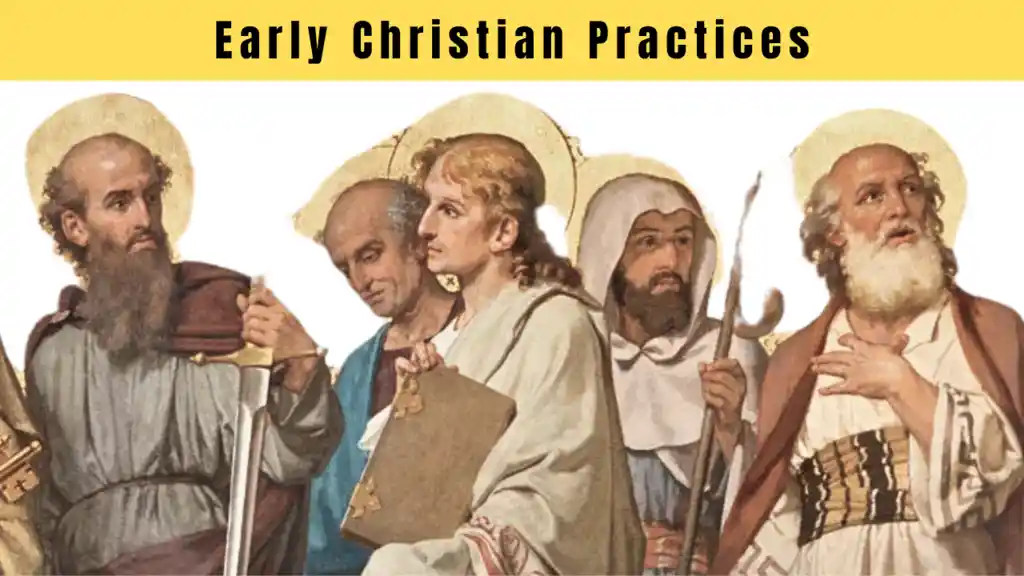There is a simple answer of the question why is Christmas celebrated on December 25th. Christmas is celebrated on December 25th to honor Jesus’ birth, aligning with ancient Roman festivities, shaping global traditions over centuries.
Contents
Why Is Christmas Celebrated on December 25th?
December 25th marks one of the most celebrated days in the Christian calendar. But why is Christmas celebrated on December 25th? The date was chosen due to religious symbolism, cultural integration, and practical considerations. By exploring its origins, we can understand how Christmas became the global phenomenon it is today.
Augustine Thompson OP, a History Professor at DSPT, examines common misconceptions surrounding the date of Christmas. He delves into the biblical and historical evidence supporting December 25th as the day of Christ’s birth, offering insights to challenge popular myths.
Historical Reasons for December 25th
Early Christian Practices
In early Christianity, Jesus’ birth was less emphasized than his resurrection. The Bible provides no specific birthdate for Jesus. By the 4th century, the Roman Church selected December 25th as a unifying celebration date.
This coincided with existing Roman festivals like Sol Invictus, which celebrated the winter solstice. The alignment allowed Christianity to gain acceptance among pagan communities, symbolizing Jesus as the “light of the world.”
Pagan Festivals and Cultural Integration
December was already a festive month in ancient Rome, with celebrations like Saturnalia, marked by gift-giving and feasting. Incorporating Christian observances into these existing traditions helped convert pagans to Christianity while preserving familiar customs.

Religious Significance of December 25th
Jesus and the Winter Solstice
The winter solstice represents the gradual return of sunlight after the year’s longest night. Early Christians saw this as a parallel to Jesus bringing light and hope to humanity. This spiritual symbolism made December 25th a meaningful choice.
Official Recognition of Christmas
By 336 CE, the Roman Empire formally recognized December 25th as Christmas Day. Emperor Constantine played a key role in this adoption, using the date to promote Christianity’s unifying power in the empire.
Cultural Importance of December 25th
Unifying Diverse Traditions
Marking Christmas on December 25th bridged religious and cultural divides. This date allowed Christianity to incorporate elements of local festivals, ensuring its widespread appeal. Traditions like decorating homes, singing hymns, and communal feasts became integral parts of Christmas celebrations.
Christmas Beyond Religion
Over centuries, Christmas grew beyond its religious origins, becoming a cultural event celebrated globally. The date’s significance persists, shaping art, literature, and societal traditions.
FAQs
Why is Christmas celebrated on December 25th?
December 25th was chosen by the Roman Church in the 4th century to align with existing winter solstice festivals, symbolizing Jesus as the “light of the world.”
Was Jesus born on December 25th?
No, the exact birthdate of Jesus is unknown. Some scholars believe he was born in spring or autumn.
How are Saturnalia and Christmas connected?
Saturnalia, an ancient Roman festival, influenced Christmas customs like feasting, decorating, and gift-giving.
Did all Christians accept December 25th?
No, some early Christians observed Christmas on January 6th, now celebrated as Epiphany. December 25th gained broader acceptance over time.
